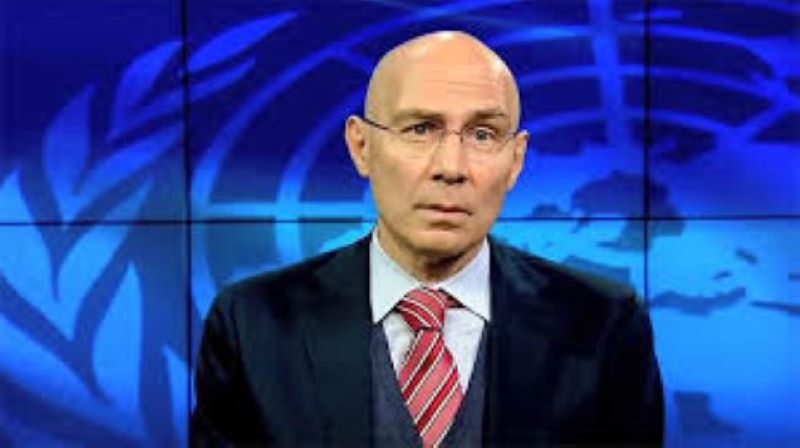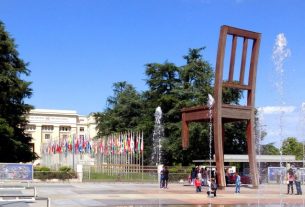United Nations Human Rights Chief Volker Turk has expressed serious concerns over Pakistan’s newly enacted 26th Constitutional Amendment, stating that it could significantly undermine the independence of the judiciary. According to a statement from his office, the amendment alters critical aspects of judicial governance, including the removal of the Supreme Court’s suo motu powers—its ability to take action on its own initiative—and grants parliamentarians the authority to nominate the next chief justice from among the three most senior judges.
Turk emphasized that the amendment, which was passed rapidly and without extensive consultation or debate, poses a risk to the judiciary’s autonomy. “Constitutional reforms must align with international human rights law,” the statement added, reflecting a broader concern about the implications for justice and accountability in Pakistan.
In parallel, the International Commission of Jurists (ICJ) has condemned the amendments, labeling them a “blow” to judicial independence. ICJ Secretary General Santiago Canton warned that the changes diminish the judiciary’s ability to function effectively as a check on governmental power and protect human rights.
In response to the controversial amendments, the Pakistan Tehreek-e-Insaf (PTI) party has vowed to initiate a nationwide movement against the changes, insisting they will act “without fear of consequences.” Concerns have also been voiced by lawyers and the Human Rights Commission of Pakistan, who argue that the amendments could place the judiciary under government control, leading to a potential erosion of judicial integrity.
Key alterations introduced by the 26th Amendment include the elimination of high courts’ suo motu powers, the formation of constitutional benches, and new performance evaluations for high court judges. Additionally, the amendment allows the Supreme Court to transfer cases to itself and involves a federal minister and a senior counsel in the appointment process for the chief justice of the Islamabad High Court.
These developments highlight a growing apprehension regarding the future of judicial independence in Pakistan amidst ongoing political turmoil.





